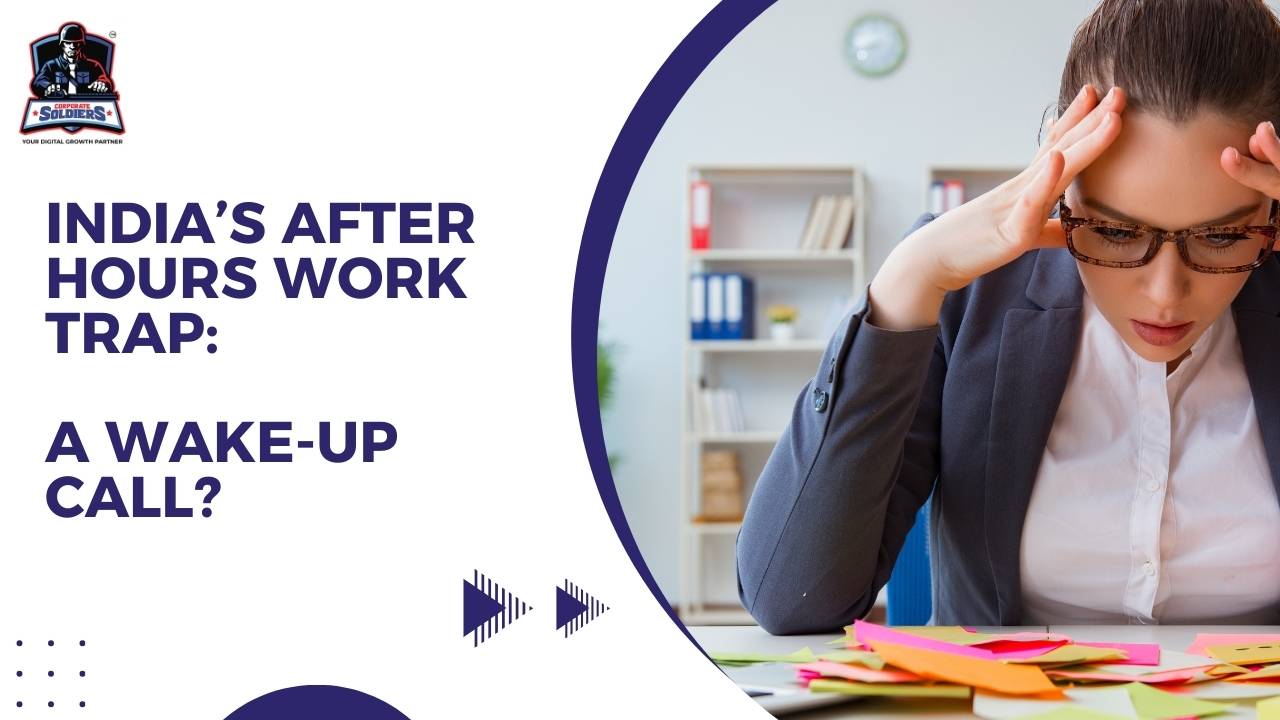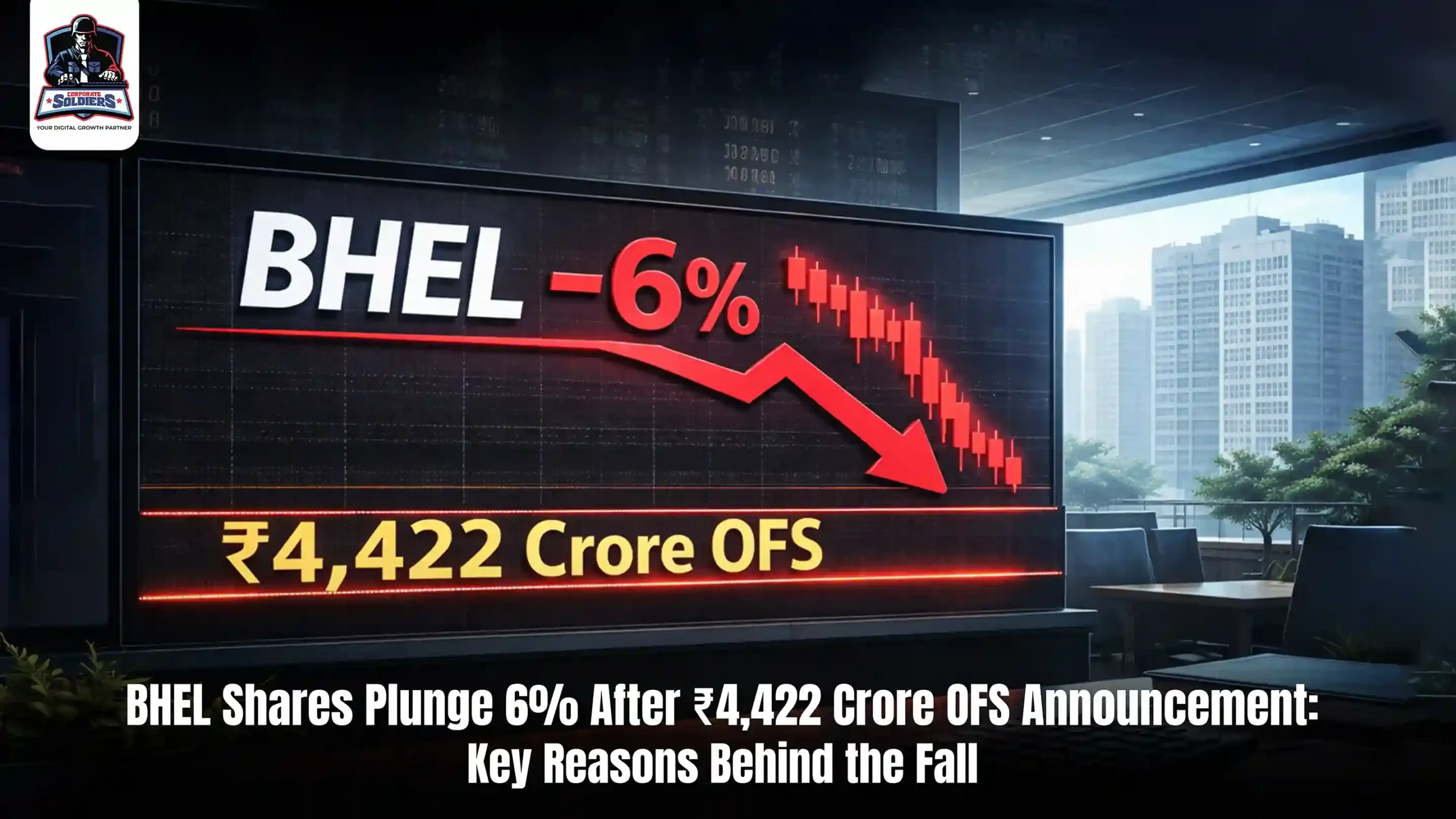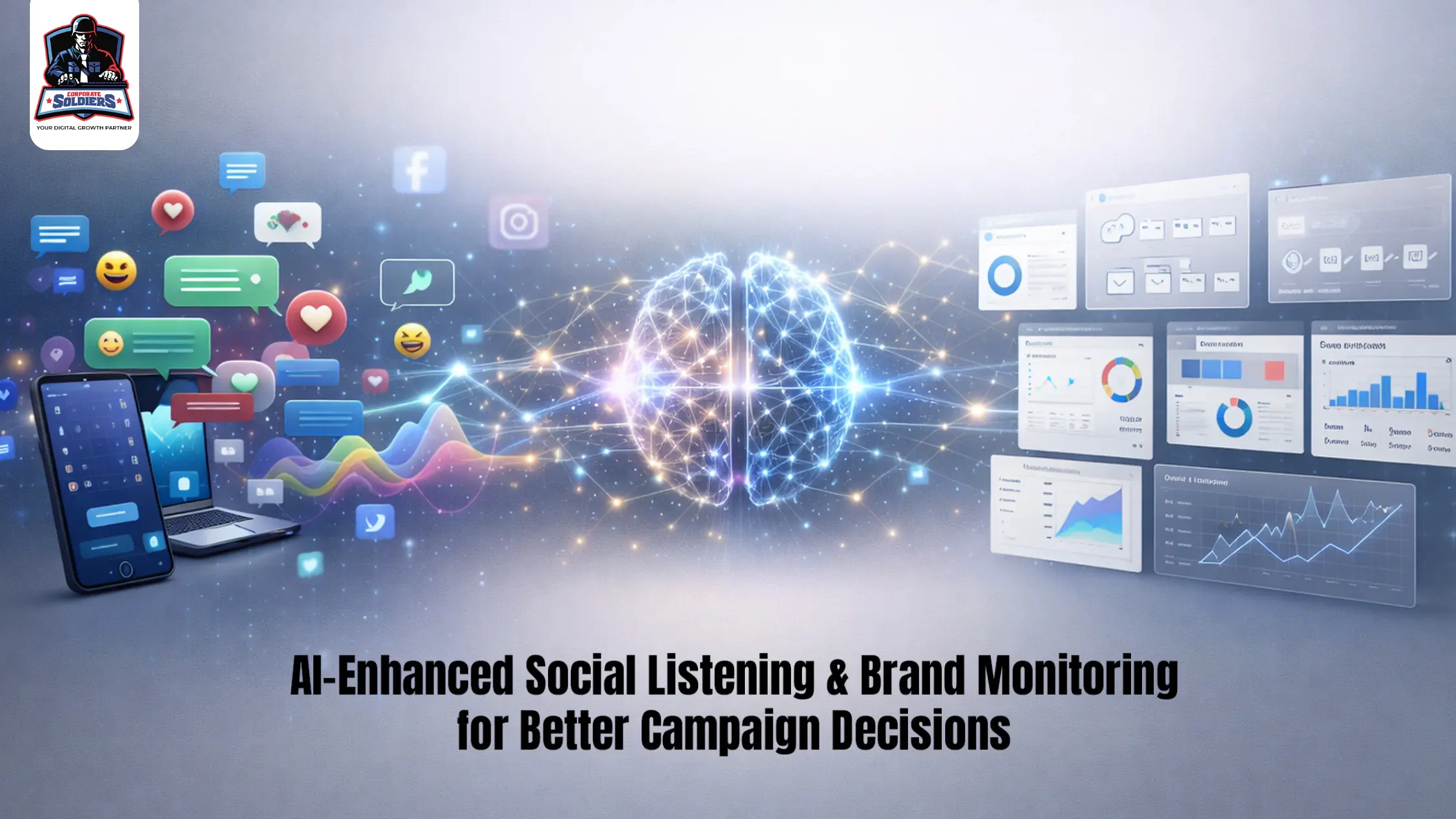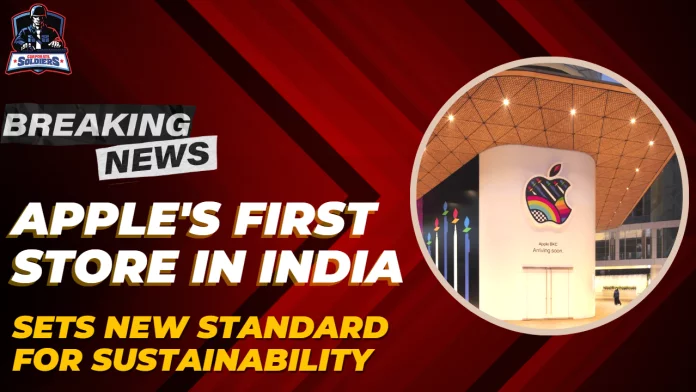Are you still on the call while we, Corporate Soldiers, are writing this blog? Or did you just disconnect that ‘urgent work-call’ while your child tirelessly awaits you with twinkling eyes? Or are you afraid of missing a promotion or fearing negative feedback if you neglect that ‘urgent work-call’? Well, we assure you that you are not alone. As the recent survey shows, you are among those 88-90% of Indians who are facing and living the same dilemma. In today’s world, our lives have become like a close encounter with missing a flight. That means if we miss a flight, we might end up losing both money and time. The same level of stress we feel when we miss a deadline or miss a work call after work. But ever since this research data has popped up, all social media platforms have been buzzing with the words like ‘work life balance’ and ‘personal space’. Now this tells us that our very private spaces have been invaded by our professional lives. The boundaries that divide them have clearly been erased.
As we know, this latest survey was conducted by Censuswide, a global job-matching platform which revealed the shocking data. 88-90% of Indian employees receive work-related calls from their employers outside of their regular working hours. This states a startling reality of our country’s ‘work life balance’. This data also indicates towards an increasing trend of burn-outs, stress, and raises other serious impacts on mental health. And it reminds us of the tragic death of a 26-year-old EY employee, Anna Sebastian Perayil. If work life balance had been implemented in her workplace, she would have been alive. But her case and this data altogether are a reminder that we must work on it otherwise it will contribute to future disasters.
The Trap & Reality of After-Hour Calls:
We often hear stories from our near ones or known people about how they had to cancel a personal plan with family due to an ‘urgent work call’. And even most of us have done the same, prioritizing after-work calls after work. And this creates an imbalance in our personal lives. The survey by Censuswide is an eye opener for all of us and tells us how we Indians are killing our personal time and lives each day. This data states the statics that 88-90% of Indian employees experienced frequent interruptions in their personal time from their employers. Among these 88-90% of employees, 85% people were forced to receive work calls during sick leave and public holidays.
Myth of 9-5:
Then a certain question arises whether the 9-5 work culture and saying has become a myth. In reality, the clock has been pushed to ‘always-on’ work mode. From finishing the targets, making a PPT for tomorrow’s meeting, and several other tasks that we boast take 10 minutes to 1 hour of our personal time, we have never been off from work. And following the serious consequences of such ‘always-on-work’ mode include immense stress, terrible pressure and mental unrest. It also impacts deeply on their health and immunity.
Constant Anxiety:
Have you ever experienced extreme anxiety whenever you fail to receive an important client call or office call after work hours? We are confident that the majority of us will give an affirmative nod. The Amygdala, our brain’s emotional centre, is responsible for sending signals to the central nervous system when it encounters a possible threat. In short, it triggers a fear or anxiety in case of possible threat. And this constant state of anxiety could lead to several and severe mental health issues. The data from Censuswide reveals that 79% of employees feel this extreme anxiety and fear the consequences of ignoring work calls after work. Not responding to the calls often leads to a negative impact on their career path and growth. Some even fear that it would damage their professional image in front of their colleagues. Thus, they frequently feel obliged to respond to those work calls, even on sick leave and public holidays.
The Perspective: OG & Gen Z
It’s not about just numbers, but about the shifts in perspective, this time a generational perspective. Remember the whole buzz about Infosys co-founder’s whole point of view about work life balance? If we say that the 9-5 working scenario is a myth, then Mr. Narayan Murthy believes that work life balance is the real myth. He also incorporated his own life story and belief in working 14 hours a day. And thinks that India is not working hard enough. We say it’s a fight of perspectives, between old generation and Gen Z. This survey also indicated the light towards this generational gap. Gen Z is raising their voices towards a positive work life balance for enhanced boundaries for the both worlds. They believe this way they can achieve a happier life. On the other hand, OG believes in old time rules of traditional work ethics, such as ‘work is worship’. Gen Z sees themselves as more aware and they are not fearful of losing jobs. As the data indicates, about 63% of Gen Z chose to leave their jobs if they were not given the right to disconnect. However, only 38% of OG expressed similar thoughts.
This data shows positive and negative expects of each generation. For example, Gen Z prioritizes mental health and well-being above all, and takes a serious note of their personal time. The OG differs in opinion. None is wrong in their own way. However, it’s important to view this data from Censuswide as a warning signal.
Our Final Thoughts:
Trigger warnings have been issued, the data by Censuswide has alarmed all of us. If 88-90% people in the workforce receive after-hours work calls, then India is definitely in crisis. And this calls for a change. Work life balance isn’t a myth but a human need for a better, healthy, and well balanced life. As we, the Corporate Soldiers are emphasizing the need for a greater work life balance, we wish you great mental health and a better work life.
Written by Manisha Singh










